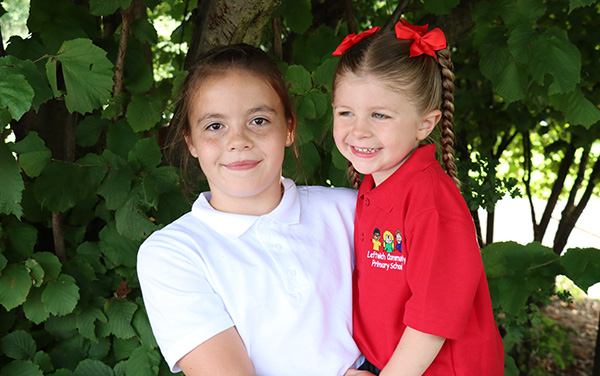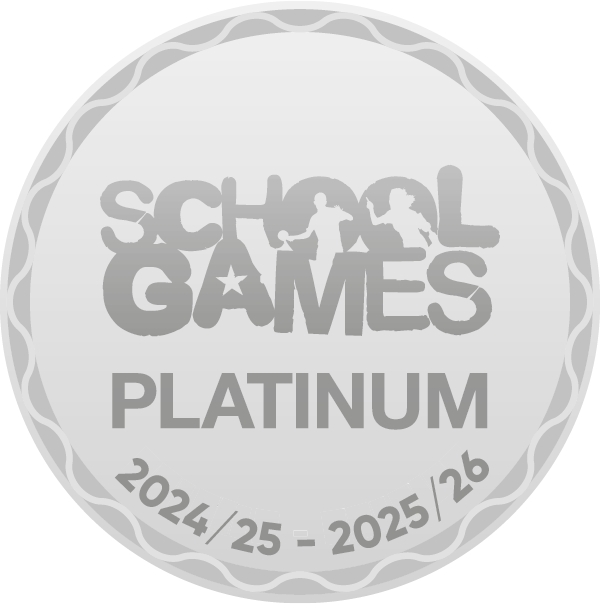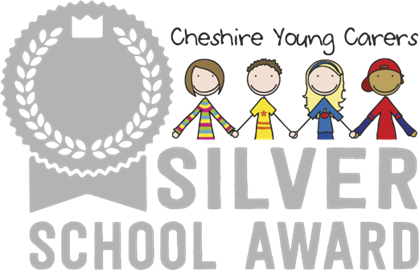Early Years Foundation Stage
We follow the Early Years Foundation Stage National Framework – Development Matters 2021, https://www.gov.uk/government/publications/development-matters–2
This sets out:
- Seven key features of effective practice
- The characteristics of effective teaching and learning
- The seven areas of learning and development that we teach.
These are the 7 Areas of Learning and Development that we teach.
All of our teaching and play is planned so the children can access and achieve a broad and balanced curriculum. At the end of Reception we aim for the children to achieve Early Learning Goals in 7 areas. The 7 areas are broken down into 17 sub areas.
There are 3 prime areas, these areas are particularly crucial for igniting children’s curiosity and enthusiasm for learning, and for building their capacity to learn, form relationships and thrive.

Communication & Language: Listening and Attention, Understanding and Speaking
This underpins the development of children’s spoken language and underpins all seven areas of learning and development Children are encouraged to have quality, back and forth conversations to support language and cognitive development. We will comment on what children are doing, talk to them about what they are interested in and echo back what they say with new vocabulary added. This will support and build upon children vocabulary.
Personal, Social & Emotional Development: Self-Regulation, Managing Self, Building Relationships
This is crucial for children to lead happy and healthy lives and it is fundamental to their cognitive development. The attachments that shape their world underpin this. Through experiencing strong, warm and supportive relationships with adults, enable to children to understand their own feeling and those of others.
Physical Development: Gross Motor Skills and Fine Motor Skills
Physical activity is vital in children’s all round development. This will enable them to pursue happy, healthy and active lives. Gross and fine motor experiences will develop incrementally throughout early childhood
There are four specific teaching areas, through which the three prime areas are strengthened and applied.
Literacy: Comprehension, Word Reading and Writing
It is crucial for children to develop a life-long love of reading. Reading involves comprehension of language and word reading. To develop language comprehension, adults will talk to children about the world around them the books they read with them and enjoy songs and rhymes together. Word reading is taught. It involves the speeding working out of the pronunciation of unfamiliar printed words as children are taught to decode. Also the speedy recognition of familiar printed words. Writing involves spelling and handwriting and the articulation of ideas.
Mathematics: Number and Numerical Patterns
It is essential to develop a strong grounding in number, so that children can develop the necessary building blocks to excel mathematically. Children should be able to count confidently, develop a deep understanding of numbers to 10, understand the relationships between them and the patterns within those numbers.
Understanding the World: Past and Present. People, Culture and Communities, The Natural World
Understanding the world involves guiding children to make sense of their physical world and their community. In order to build up a knowledge and sense of the world around them, children will visit local areas and talk to members of society. E.g. a vet visit, a visit to the fire station.
Listening to a broad selection of stories, non-fiction books, rhymes and poems will foster their understanding of our culturally, socially, technologically and ecologically diverse world. Enriching and widening children’s vocabulary here, will support reading comprehension later on.
Expressive Arts & Design: Creating With Materials. Being Imaginative and Expressive
The development of children’s artistic and cultural awareness supports children’s imagination and creativity. Children will have regular opportunities to engage with the arts, enabling them to explore and play with a wide range of media and materials. In order to develop children’s understanding, self-expression, vocabulary and ability to communicate through the arts. they will see, hear and participate in a variety of quality experiences to facilitate this.
Characteristics of Effective Teaching and Learning
The Characteristics of Effective Teaching and Learning reflect the fact that children learn in different ways. They are split into three areas to reflect this. Children learn by Playing and Exploring, through Active Learning and through Creating and Thinking Critically. When planning and guiding children, we reflect on the different rates that children develop and adjust our practice appropriately.
Playing and Exploring – children investigate and experience things, and ‘have a go’
Active Learning – children concentrate and keep on trying if they encounter difficulties, and enjoy achievements
Creating and Thinking Critically – children have and develop their own ideas, make links between ideas, and develop strategies for doing things
The Teaching of Mathematics and Literacy
The teaching of these areas in Reception are underpinned in our school by Read, Write, Inc. to support Literacy and White Rose Maths, to support Mathematics. The links for these are below:
Literacy – Read, Write, Inc.
Reception
In Reception all children will learn how to ‘read’ the sounds in words and how those sounds can be written down.
Reading
The children:
- learn 44 sounds and the corresponding letters/letter groups using simple picture prompts – see below
- learn to read words using Fred talk and sound blending
- read from a range of storybooks and non-fictions books matched to their phonic knowledge
- work well with partners
- develop comprehension skills in stories by answering ‘Find It’ and ‘Prove It’ discussion questions
Writing
The children:
- learn to write and form the letters/letter groups which represent the 44 sounds with the help of fun phrases
- learn to write words by using Fred Talk
- learn to build sentences by practising sentences out loud before they write
Talking
The children
- They work in pairs so that they:
- answer every question
- practise every activity with their partner
- take turns in talking and reading to each other
- develop ambitious vocabulary
Parent information – https://www.ruthmiskin.com/en/parents-copy-2/
Mathematics – White Rose Maths
The Year is divided into 10 topics. Each phase last roughly 3 weeks allowing for flexibility and consolidation. It provides a variety of opportunities to develop the understanding of number, shape, measure and spatial reasoning.
https://whiterosemaths.com/resources/early-years-resources/reception-sol/



